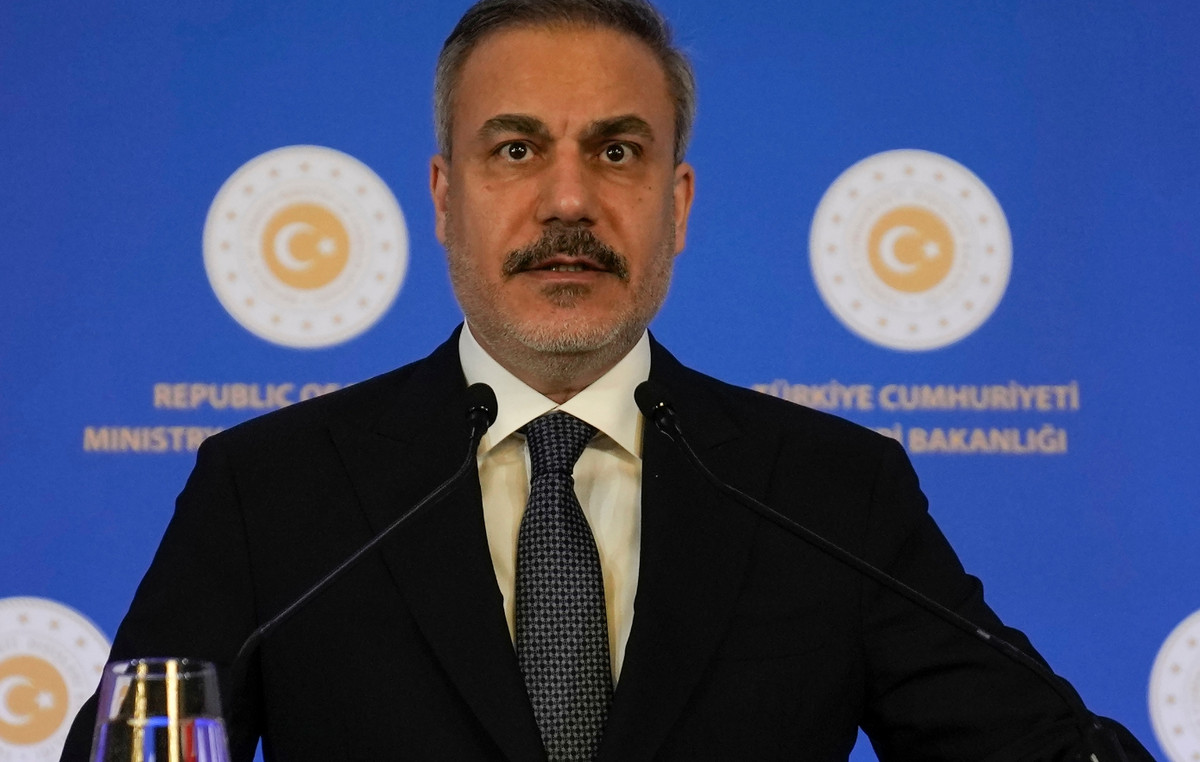- Sterling recovers ahead of Bank of England Governor Bailey's speech.
- The British economy is about to enter a technical recession.
- Market sentiment improves awaiting US Inflation data.
The British Pound (GBP) regains its early losses even as uncertainty over the Bank of England's (BoE) tightening monetary policy stance persists amid deepening risks of a technical recession in the UK. The GBP/USD pair remains firm ahead of December inflation data in the United States.
Looking ahead, the British pound will be guided by the speech of Bank of England Governor Andrew Bailey, who is expected to offer an outlook on interest rates and inflation. Investors will be watching whether the BoE will prioritize saving the economy from a further slowdown or taming inflationary pressures. In terms of economic data, market participants will be keeping an eye on data from British factories, due to be released on Friday. Market participants anticipate a decent recovery in industrial and manufacturing production data.
Daily Market Summary: Pound Rebounds as Market Sentiment Improves
- The British Pound finds support near the round 1.2700 level as market sentiment improves.
- Uncertainty continues over the Bank of England's support for keeping interest rates high for an extended period.
- According to revised estimates from the Office for National Statistics (ONS), the British economy is on the verge of a technical recession, having contracted by 0.1% in the third quarter of 2023.
- Furthermore, the BoE is not confident that any growth will occur in the last quarter of 2023, indicating that the probability of recession is high.
- While the service sector is constantly in the expansion phase, the manufacturing sector is facing the pain of delay in execution amid uncertainty due to weak demand from the domestic economy and the foreign market.
- In addition to the gloomy economic outlook, the British economy's inflation is the highest compared to other Group of Seven economies, which is also a tough nut to crack for BoE policymakers.
- The BoE has to balance between safeguarding the economy by rolling back high interest rates and maintaining a restrictive stance, thus keeping price stability as a priority.
- For more information on interest rates and inflation, investors will focus on BoE Governor Andrew Bailey's speech, scheduled for 15:15 GMT.
- Later this week, investors will focus on British factory data and the monthly Gross Domestic Product (GDP) for November. Economists predict that the British economy will have grown by 0.2%, after contracting by 0.3% in October.
- Investor appetite for risk-sensitive assets improves ahead of December US Consumer Price Index (CPI) data, which will be released on Thursday, January 11 at 13:30 GMT.
- Investors expect the core CPI, which excludes food and oil price volatility, to slow to 3.8%, down from 4.0% in November. In the same period, general inflation is expected to have grown by 3.2% compared to. 3.1%.
- In terms of interest rate guidance, Atlanta Federal Reserve (Fed) President Raphael Bostic naturally leans toward a more restrictive stance as long as inflation remains above the 2% target.
- Raphael Bostic sees the first rate cut sometime in the third quarter and the remaining two will be needed by the end of 2024. The Atlanta Fed president considers himself quite a hawk. Current market expectations are for a cut as early as March.
Technical Analysis: The British Pound recovers the level of 1.2700 against the Dollar
Sterling rebounds from two-day low at 1.2670 as market sentiment brightens ahead of crucial US inflation data. GBP/USD has recovered and is expected to extend its move towards the critical resistance of 1.2770.
On the daily time frame, GBP/USD struggles to stay above the 61.8% Fibonacci retracement of the move from the July 13, 2023 high at 1.3142 to the October 4, 2023 low at 1.2037 at 1.270. The 20-day EMA around 1.2680 continues to provide support to the pair's bulls. The Relative Strength Index (RSI) (14) has moved towards the 40-60 range, pointing towards a consolidation.
Pound Sterling FAQ
What is the Pound Sterling?
The British Pound (GBP) is the oldest currency in the world (886 AD) and the official currency of the United Kingdom. It is the fourth most traded currency unit in the world, with 12% of all transactions and an average of $630 billion per day, according to 2022 data.
Its key currency pairs are GBP/USD, also known as “Cable”, which represents 11% of the forex market, GBP/JPY, or the “Dragon” as it is known to traders (3%), and EUR/GBP (2%). The pound sterling is issued by the Bank of England (BoE).
How do Bank of England decisions influence the Pound Sterling?
The most important factor influencing the value of the Pound Sterling is the monetary policy decided by the Bank of England. The Bank of England bases its decisions on achieving its main objective of “price stability”, that is, a stable inflation rate of around 2%. Its main tool to achieve this is the adjustment of interest rates.
When inflation is too high, the Bank of England tries to contain it by raising interest rates, which makes access to credit more expensive for individuals and companies. This tends to be positive for the GBP, as higher interest rates make the UK a more attractive place for global investors to park their money.
When inflation is too low, it is a sign that economic growth is slowing. In this scenario, the BoE will consider lowering interest rates to make credit cheaper, so that companies borrow more to invest in projects that generate growth.
How does economic data influence the value of the Pound?
The published data gauges the health of the economy and may influence the value of the Pound sterling. Indicators such as GDP, manufacturing and services PMIs, and employment can influence the direction of the Pound.
A strong economy is good for the British pound. Not only does it attract more foreign investment, but it may encourage the Bank of England to raise interest rates, which will directly strengthen the Pound. Otherwise, if economic data is weak, the pound is likely to fall.
How does the trade balance affect the Pound?
Another significant data for the pound sterling is the trade balance. This indicator measures the difference between what a country earns from its exports and what it spends on imports during a given period.
If a country produces highly sought-after exports, its currency will benefit exclusively from the additional demand created by foreign buyers wishing to purchase these goods. Therefore, a positive net trade balance strengthens a currency and vice versa for a negative balance.
Source: Fx Street
I am Joshua Winder, a senior-level journalist and editor at World Stock Market. I specialize in covering news related to the stock market and economic trends. With more than 8 years of experience in this field, I have become an expert in financial reporting.

-638404689711010010.png)






